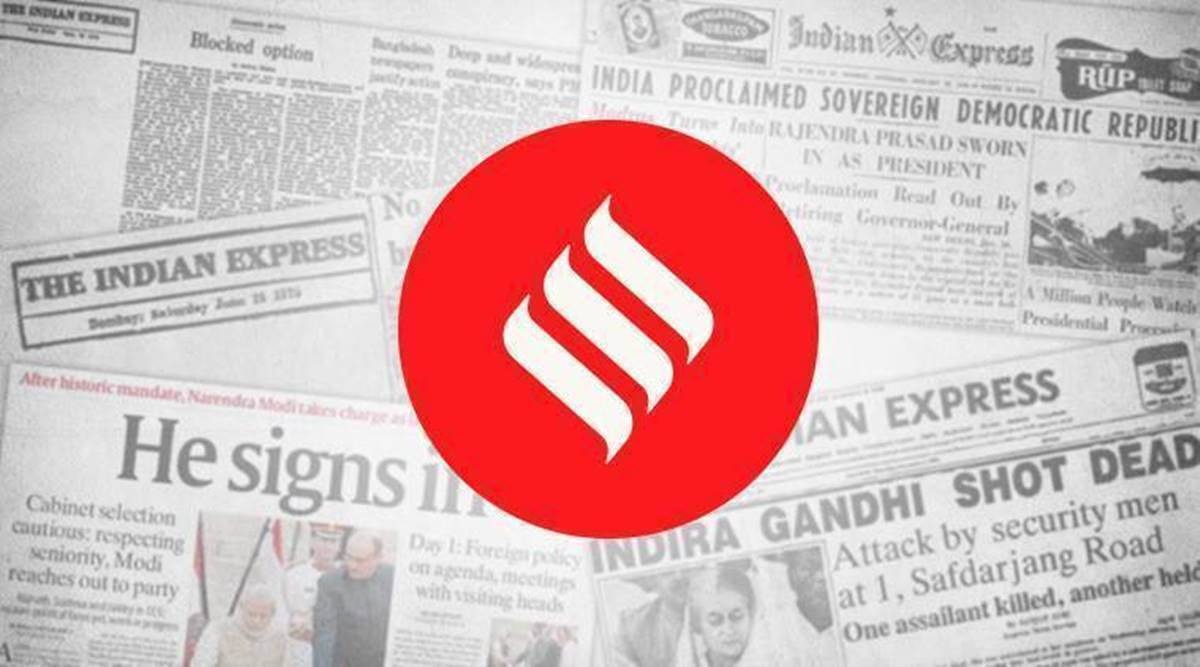 The list of “life members” — including BCCI official and Congress leader Rajeev Shukla’s brother, a family member of Shukla’s one-time office assistant Akram Saif, the son of a UPCA director and corporates linked to cricket in UP — has caused some disgruntled members to approach the courts.
The list of “life members” — including BCCI official and Congress leader Rajeev Shukla’s brother, a family member of Shukla’s one-time office assistant Akram Saif, the son of a UPCA director and corporates linked to cricket in UP — has caused some disgruntled members to approach the courts. The ancients would have been disappointed with the Uttar Pradesh Cricket Association (UPCA). Millennia ago, they laid down a fairly simple HR policy that ensured timely retirement of upper management, ensuring that new blood entered organisations. After having their day in the sun, rulers and householders were expected to gradually withdraw from daily responsibilities — the vanaprastha ashrama — and begin the process of renouncing the world. The UPCA, though, appears to have a renunciation problem.
The list of “life members” — including BCCI official and Congress leader Rajeev Shukla’s brother, a family member of Shukla’s one-time office assistant Akram Saif, the son of a UPCA director and corporates linked to cricket in UP — has caused some disgruntled members to approach the courts. But, then, who in India wants to retire? Politicians don’t retire — unless they are forced to, by sending them to margdarshak mandals, for instance. Bureaucrats often jockey for government sinecures and it is the rare business magnate who leaves the company to a capable executive over less-than-capable children.
But spare a thought for the young and the ambitious, and those born without a high-achieving family member. Their struggle to even enter and then to “make it” in the many feudal bastions — politics, administration and yes, even business — will only get more bitter if the venerable and the powerful don’t consider the way of the forest or margdarshak mandal. Even Karl Marx, that hater of capitalist free enterprise, saw feudalism — when power and position come from family and are permanent — as so much worse than the economic inequality of free enterprise. So, a message for the patriarchs at the UPCA, and at so many other institutions across India: Just let go.
- The Indian Express website has been rated GREEN for its credibility and trustworthiness by Newsguard, a global service that rates news sources for their journalistic standards.

